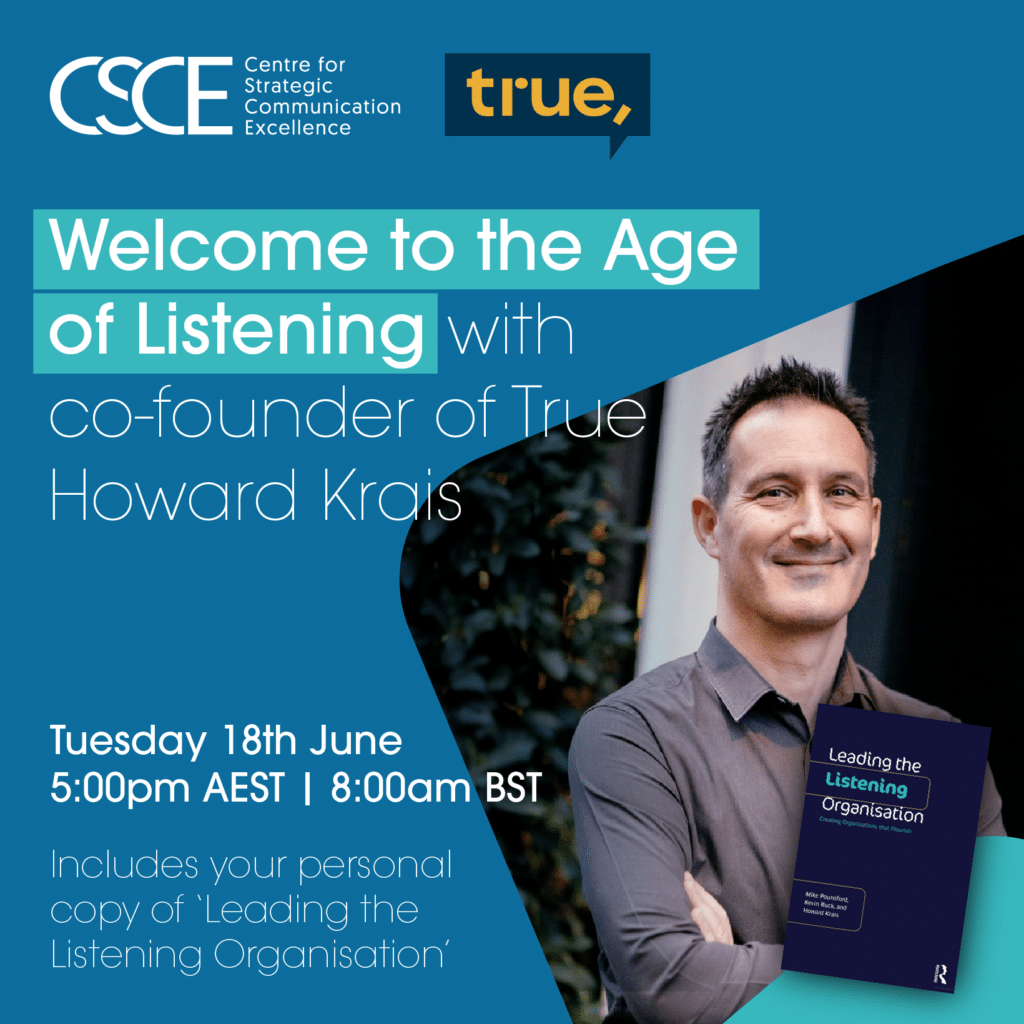Recently, my IABC chapter gave me a great honour recognizing excellence in communications. I had the opportunity to say a few words so I shared some thoughts I have been thinking about communications, storytelling, and truth. The following is an extended play version of the speech I gave.
I’ve been thinking a lot these days about communications: what people think we do, how we actually practice, and why we do the work we do. To begin, I firmly believe more communication is always better than none. Communicators know all too well the axiom that nature abhors a vacuum.
These days there are many, many people willing and able to fill that void. They are rushing to fill it: with speculation, with misunderstanding, with their own version of truth. In the meantime, communicators struggle with gaining approvals, with making edits, with bringing clarity to their message, with persuading their colleagues and chiefs of the need for action.
In those time-crunched situations, we measure success by our distribution of information or our reliance on tactics. But should we?
Sydney Harris says: Information is giving out; communication is getting through. The thing is: information is not communication. Nor are the tools we use communication. The tools we use are vehicles for sharing, and they help us communicate by connecting us with our audiences. They are not, however, communication.
Communication is about understanding and connection; it’s about making change possible by getting through.
So how do we do that? How do we cut through the clutter so our audiences can respond? We are all bombarded daily with messages, images, requests, demands even, for our immediate response. How many of us have received an email, followed up by a text, and then a phone call? How many of us feel tethered to our phones, tablets, and laptops?
We need to make our messages real. We need to speak to our audiences in ways they can translate easily into action.
We do that through storytelling. I’m not talking about fairy tales, or fables, or myths, although those forms do help create a space for understanding and making sense of what we see, hear, and feel.
Communication is about telling our story, yours and mine, and making that call to action powerful, memorable, irresistible, shareable, and effective.
The research is clear: we respond to and remember stories. We respond to and remember the truths those stories speak to us.
Communicating the truth is the most powerful change agent there is. I have spent years in the persuasion business: first as a policy advocate, then as a health promotion consultant and finally as an organizational communicator.
It isn’t enough to just give people facts (information). It isn’t enough to just give people simple messages (our call to action). It just isn’t enough to say: “trust us.”
Our ability to connect with each other needs to come from a place of trust. Open, truthful, transparent communication makes that happen. Remember our code of ethics. Speak truth to power, beginning with yourself, always.
Seize every opportunity to learn. Not every experience or job will be perfect, but everything you do will offer you something you can use, now and in the future. Every job I have had, every client I have worked with, has taught me something: how to connect, how to improve, how to listen, how to achieve the best possible outcome.
Your life, your place in the universe, is your story. Remember Dr. Who: “We are all stories in the end. Just make it a good one, ok?”





